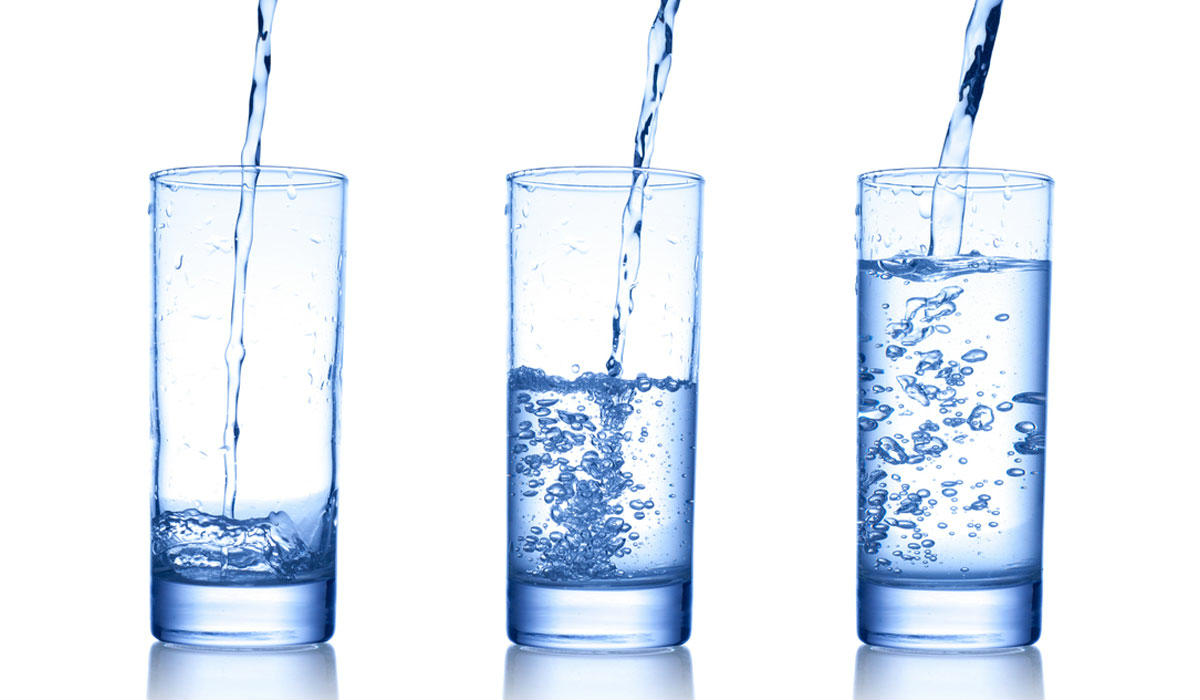How do you know if you have soft or hard water? Often the side effects will be the best indicator of what of which water is flowing through your taps. If you've never had any other kind, you may need a few clues to determine whether the water you use every day is hard or soft.
While water is comprised of hydrogen and oxygen, many other things get into our water. Hard water has a high mineral count. Though not unsafe, these deposits can affect the way your water behaves. Some of the symptoms of hard water that will leave no doubt what kind of water you have are:
Soap scum
If you have hard water, you will likely experience white water spots on everything it touches. Once the water evaporates, calcium is left, and this will inevitably leave your shower doors, your dishes, and fixtures with both hard water spots and soap scum. You may also notice what appears to be rust stains on sinks and toilets. This rust is from old pipes, and the sediment is not easily washed away when you have hard water.
Clogged pipes
Shower heads along with just about any other plumbing pipe and fixture will become clogged over time. Mineral deposits build up and restrict water flow. This buildup can lead to big problems in the future.
Premature appliance replacement
If you find your appliances wearing out way before you would expect them to, you may have hard water. Again, a buildup of minerals left behind over and over again, will not provide a healthy environment for your appliances to do their best work.
Does your water taste funny?
If you've never had any other water in your home, you may be used to the taste of hard water. If your company notices a funny taste, this could be an indicator of hard water. Your water may taste like dirt or mold. Though it's harmless, moldy tasting water is less than appealing.
Dirty laundry
Are your clothes coming out of the washer still dirty? You may have hard water. The minerals in hard water and your detergent don't play well together. Soap won't be able to fully rinse out of your clothes when combined with hard water, leaving your load dingy looking. Hard water will have you using more detergent and hotter water. Both of these will, in turn, be hard on your clothes.
Bad hair days
Many a bad hair day was born of hard water. Getting a good lather and rinse with hard water is virtually impossible. If you have hard water, the minerals will render your soap and shampoo ineffective. If the lack of lather doesn't ruin your shower, the low water pressure from your shower head due to mineral deposits will.
Having hard water has benefits as well. Despite all the pitfalls that come with living in a home with hard water, it does, in fact, have its advantages.
- All those mineral deposits like magnesium and calcium are beneficial to our bodies. Hard water and all that calcium in hard water will assist in building strong bones and teeth.
- Though hard water can clog pipes, it is less likely to corrode them.
- In some cases, hard water can taste better than soft water.
- If you can believe it, hard water can be safer to drink. If you have lead pipes that is. Because it does not dissolve lead, drinking hard water through lead pipes is safer than drinking soft water through pipes.
Aside from having your water tested to determine whether it is hard or soft, there are many clues that can indicate the hardness or softness of your water. A test, however, will tell you exactly how hard or soft your water really is. Both have a spectrum. Aside from the benefit of having safe drinking water, hard water can take its toll on your home and family. Soft water is more palatable, gentler and easier to work with. If you want a better relationship with your water, getting to know it, is the first step. A. McKenna Plumbing can help with all your soft or hard water needs, contact us today!

